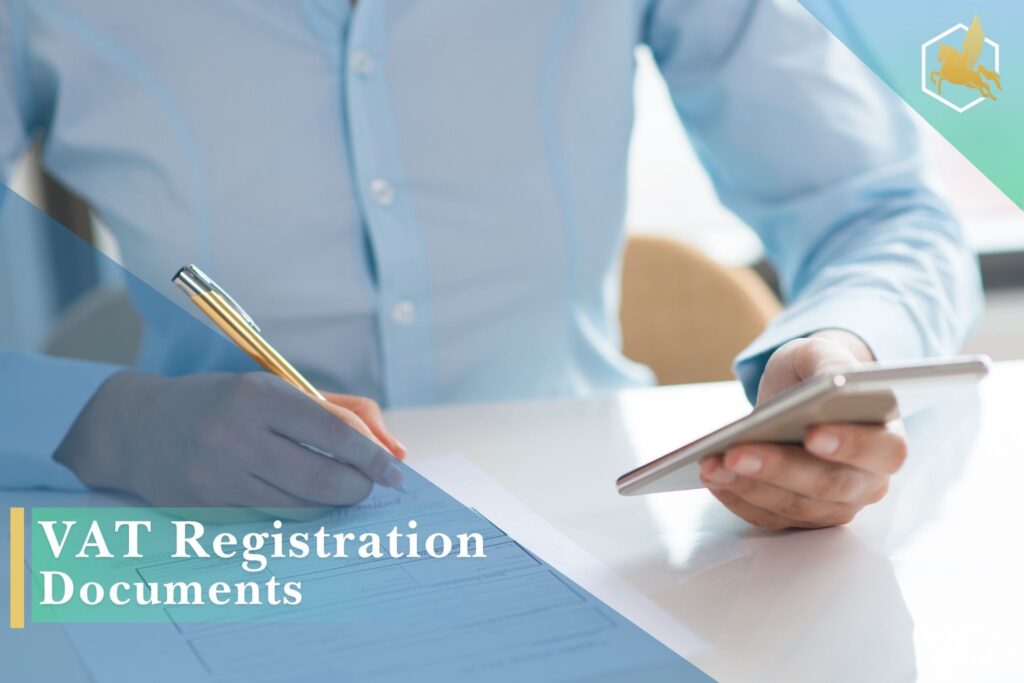Value Added Tax (VAT) has become an important part of trading in UAE. Whether you are a startup or an established company, compliance and smooth operation require understanding the required VAT registration documents.
In this guide, we provide all the necessary UAE VAT registration documents, the VAT registration process in UAE, and what you need to start.

Taxation is the method by which governments generate revenue to pay for public services. Tax revenues are typically used by the government to fund facilities such as public hospitals, schools, and colleges, as well as defense, infrastructure, and other critical areas of daily life.
Which is collected by the government from the individual on whom it is imposed (for example, income tax or corporate tax).
Which is collected for the government by an intermediary (such as a retail store) from the person who pays the tax (e.g., VAT, Sales Tax).
Value Added Tax (VAT) is a consumption-based tax imposed on the sale of goods and services. UAE introduced at a standard rate of 5%on January 1, 2018, it applies to most transactions in goods and services. Businesses with more than 375,000 taxable turnover are required to register for VAT in the United Arab Emirates.
Registration for VAT ensures that your business works within the legal framework, avoids punishment, and maintains reliability with partners and customers.
These UAE VAT registration documents help the FTA verify your eligibility and business operations.
Being aware of these issues can prevent registration rejections and penalties.
Dubai VAT registration and return UAE do not require a stressful process. Our experts at Unicorn Global Solutions can help you compile documents, complete the application, and approve your VAT registration certificate without delay.
At Unicorn Global Solutions, we simplify the process for you. Unicorn Global Solutions is here to help! Text us on whatsApp or call us today .
To register for VAT in the UAE, you require a valid business license, Emirates ID and passport of owner or partners, MOA or partnership agreement, business connectivity details, customs registration (if applicable), bank account Iban, and financial turnover details. All documents should be presented through the Emeratax portal of the FTA.
Businesses will have to register for VAT in UAE if their taxable turnover exceeds 375,000 in the last 12 months or is expected to exceed this limit in the next 30 days. Voluntary registration is allowed for businesses with turnover above 187,500.
To remain obedient, businesses must keep evidence of VAT invoice, tax returns filing, accounting records, financial statements, customs documentation (if importing), and exemption or zero-rated supply. These records should be maintained for at least 5 years.
A valid UAE VAT invoice should include the phrase "tax invoice", suppliers and customer's TRN, challan and supply date, challan number, item details, VAT rates (usually 5%), except the total amount and including VAT, and Arabic or bilingual (Arabic + English).
AED does not need to register for VATs with taxable supply below 187,500. Additionally, some government institutions, donations, and zero-rated exporters may qualify for exceptions, but should be approved by the Federal Tax Authority.
VAT or GST registration typically takes 3 to 7 working days after successful application submission, provided all documents are correct.
Once all documents are presented correctly, VAT registration usually takes 5 to 20 business days based on the FTA review and is requested for any explanation.